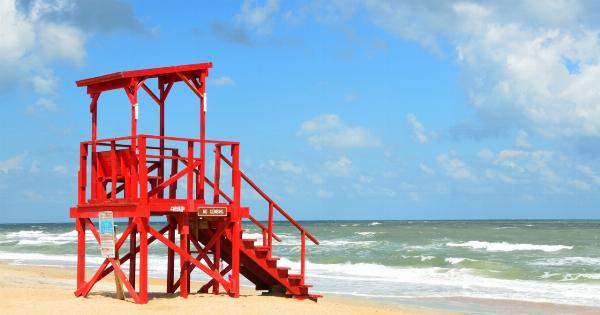Water activities such as swimming, surfing, boating, and jet-skiing are popular leisure activities for individuals and families. These activities not only provide a fun and exciting way to spend time in the water but also offer some health benefits.
However, with all water activities, there is always a risk of injury. If an individual suffers an injury while participating in a water activity, they may wonder whether they are entitled to compensation for their injuries.
What are some common water activity injuries?
There are several types of injuries that can occur while participating in water activities, including:.
- Drowning and near-drowning
- Head trauma and concussion
- Burns from boat or jet-ski engines
- Spinal cord injuries from diving
- Lacerations from swimming pool equipment
- Electric shock from faulty pool wiring
How do water activity injuries occur?
The causes of water activity injuries can vary depending on the type of activity:.
- Swimming injuries may result from unsafe diving, jumping, and diving board use, as well as inadequate lifeguard supervision
- Surfing injuries may occur when surfers collide with other surfers, rocks or the ocean floor
- Boating injuries can happen from boating collisions, collisions with other watercraft, or from coming into contact with the boat’s propeller
- Jet-skiing injuries can occur when riders collide with other riders or objects, or when riders fail to follow safe jet-ski practices and guidelines
When can an individual seek compensation?
An individual may seek compensation for their water activity injury if:.
- The injury was caused by the negligence of another individual or entity
- The injury occurred on property that was not maintained or operated in a safe manner
- The injury occurred due to a lack of proper safety equipment or instruction
- The injury occurred due to a defective product or equipment
What types of compensation are available for water activity injuries?
If an individual suffers a water activity injury, they may be entitled to the following types of compensation:.
- Medical expenses, including doctor visits, hospital stays, and medication costs
- Lost wages and income, including future earning capacity
- Pain and suffering, which includes physical and emotional pain or trauma
- Property damage, which includes damage to personal property such as a boat or jet-ski
How can an individual prove negligence?
In order to prove negligence, an individual must show that:.
- The defendant had a duty to act safely and responsibly
- The defendant failed to uphold that duty
- The defendant’s failure to uphold their duty caused the plaintiff’s injury and subsequent damages
What should an individual do if they are injured while participating in a water activity?
If an individual suffers an injury while participating in a water activity, they should take the following steps:.
- Seek medical attention immediately, even if the injury seems minor
- Document the scene of the accident by taking photos or videos, if possible
- Collect contact information from any witnesses
- Report the injury to the appropriate authorities or property owner, if applicable
- Consult with a personal injury lawyer to discuss the potential for compensation
Conclusion
While water activities provide a fun and exciting way to spend time in the water, injuries can and do occur. Depending on the circumstances of the injury, an individual may be entitled to compensation for their damages.
To ensure that their legal rights are protected, anyone who suffers a water activity injury should seek the advice of a personal injury lawyer.


























